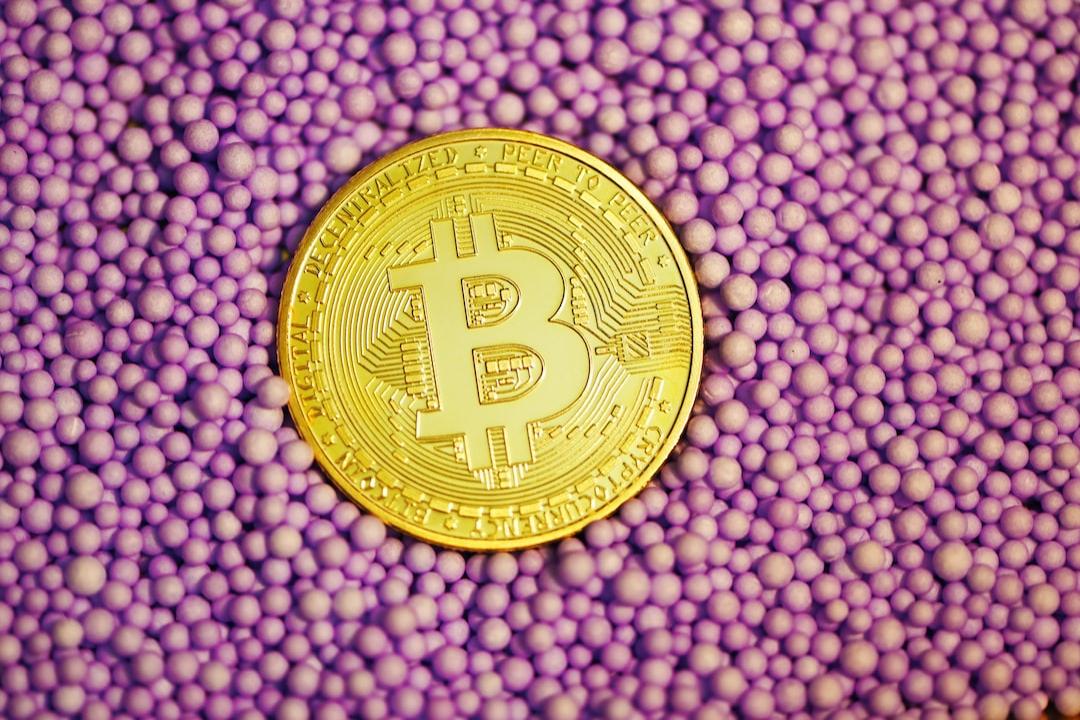The Cardano development team has unveiled “Node 9.0,” the latest version of its Cardano validator node software, on July 8. The release of this software is a crucial step towards enabling the upcoming Chang hard fork, according to Cardano founder Charles Hoskinson in a YouTube video published on July 7.
The software was made available at around 7 pm UTC and is described in its release notes as the first node capable of supporting the 9.0 hard fork (Chang) on the mainnet and long-running testnets like PreProd.
In a YouTube video the day before the release, Hoskinson announced that the software would be available “next week” and predicted that the signal for mass upgrades would likely come on Monday or Tuesday. Hoskinson stated that for the hard fork to take place, 70% of nodes must vote to upgrade to the new software.
The Chang hard fork aims to establish fully decentralized governance for Cardano, marking the beginning of the “Age of Voltaire” on Cardano’s roadmap, which involves significant changes to the network’s political system.
These changes have been outlined in Cardano Improvement Proposal 1694 (CIP 1694). According to this proposal, Chang will eventually enable the introduction of Delegate Representatives (DReps) who will be elected by Cardano (ADA) tokenholders.
DReps will draft a Cardano Constitution, which will serve as the supreme governing law of the network. Once a Constitution is drafted and approved, DReps will continue to propose changes to the network in accordance with it.
The Node 9.0 release notes clarify that it does not yet enable DRep voting and all governance actions, as the full voting protocol will only be available in version 10.0. However, it does support entering the bootstrap phase of CIP-1694 in production environments.
As of now, block explorer Cardanoscan indicates that exchanges and stake pools have not yet prepared for the hard fork.
In the YouTube video, Hoskinson mentioned that he expects the hard fork to commence on Monday or Tuesday, indicating that the process will begin on July 8-9.
Hoskinson had previously anticipated the fork to take place in June, but that deadline passed about a week ago. Cardano implemented another node upgrade on June 26 following an attempt by an attacker to crash the network through a distributed denial-of-service attack.

